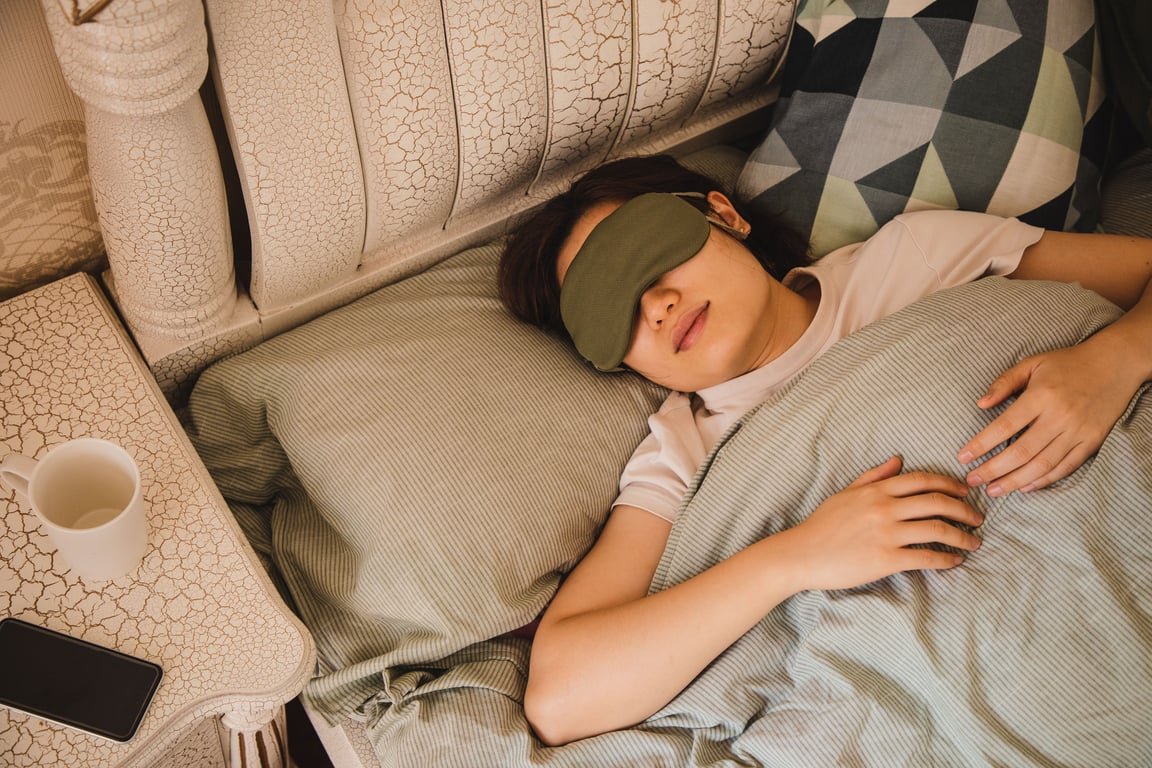The Science Behind Sleep, and How You Can Get More Of It
Microsteps to help you
stress less and sleep better.
We know that sleep is vital, improving everything from our problem solving-skills to our communication with others; and we also know that we pay a price when we go without it, becoming more susceptible to disease and losing productivity at work. The cost of fatigue alone at a Fortune 500 company is estimated at $1.5 million a week.
In fact, skimping on sleep has shown similar effects to being intoxicated. For many of us, being awake 17 to 19 hours is a normal day. But when we're awake this long, we can experience levels of cognitive impairment equal to having an alcohol level that's just under the legal limit in many US states.
The good news is, you can improve your sleep by taking small Microsteps — and you can start right now. Getting quality sleep is about more than what happens when our heads hit the pillow at night. It’s a function of our daily habits. How often we rest, move, and experience stress all play a role in how we sleep. So when we carve out time during the day to reset and recharge, we set ourselves up for less stress during the day and better sleep at night.
If you want to get better sleep tonight, try these Microsteps:
When you wake up, don’t start your day by looking at your phone.
Opening your inbox or scrolling through social media first thing in the morning can start your day off on a stressful note. Instead, take at least one minute to breathe and set your intentions for the day. When you’re more intentional about what you do first thing in the morning, you set yourself up for a less stressful day, and better sleep that night.
During the day, go outside for one minute — and leave your devices inside.
Research shows that simply being outside can boost your mood and reduce stress. Plus, disconnecting from your devices can give you a moment to reflect and decompress during the day. When you build more breaks into your day, you’ll carry less stress home with you at night, allowing yourself to unwind and fall asleep faster.
Set an alarm for 30 minutes before your bedtime.
When you think of sleep as an actual appointment, you're much more likely to grant it the time it deserves. Setting an alarm reminds you that if you're going to get to bed on time, you need to start wrapping things up.
Before you get into bed, escort your devices out of your bedroom.
It might feel uncomfortable at first, but disconnecting from the digital world before bed will help you unwind at night and sleep better. And if you use your phone as an alarm, consider investing in an old-fashioned alarm clock to keep on your bedside table.
Keep your bedroom cool (between 60 and 67 degrees).
Make sure you’re setting yourself up for a restful and calming sleep environment. Research shows that a cooler room helps with melatonin production. Try setting the temperature between 60-67ºF (16-20ºC) for optimal sleep, and remember to keep your room dark.

